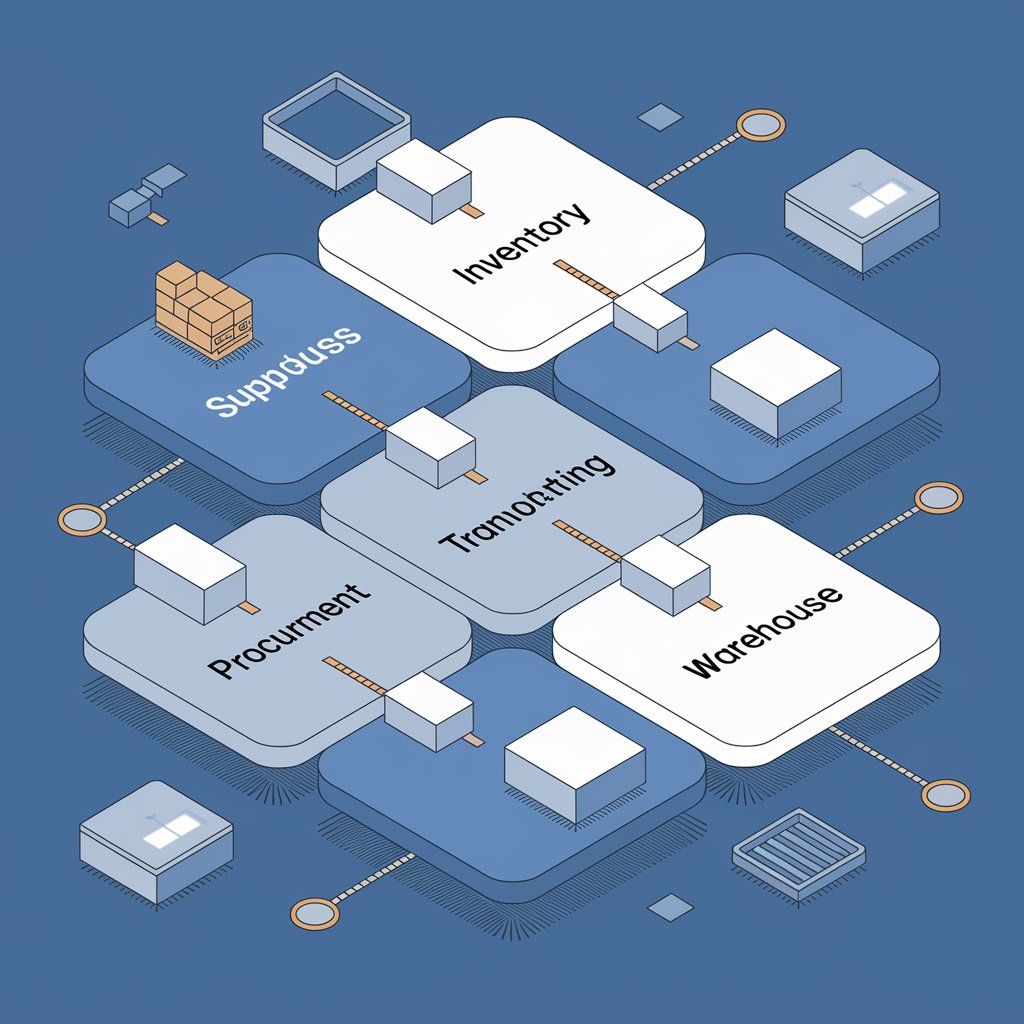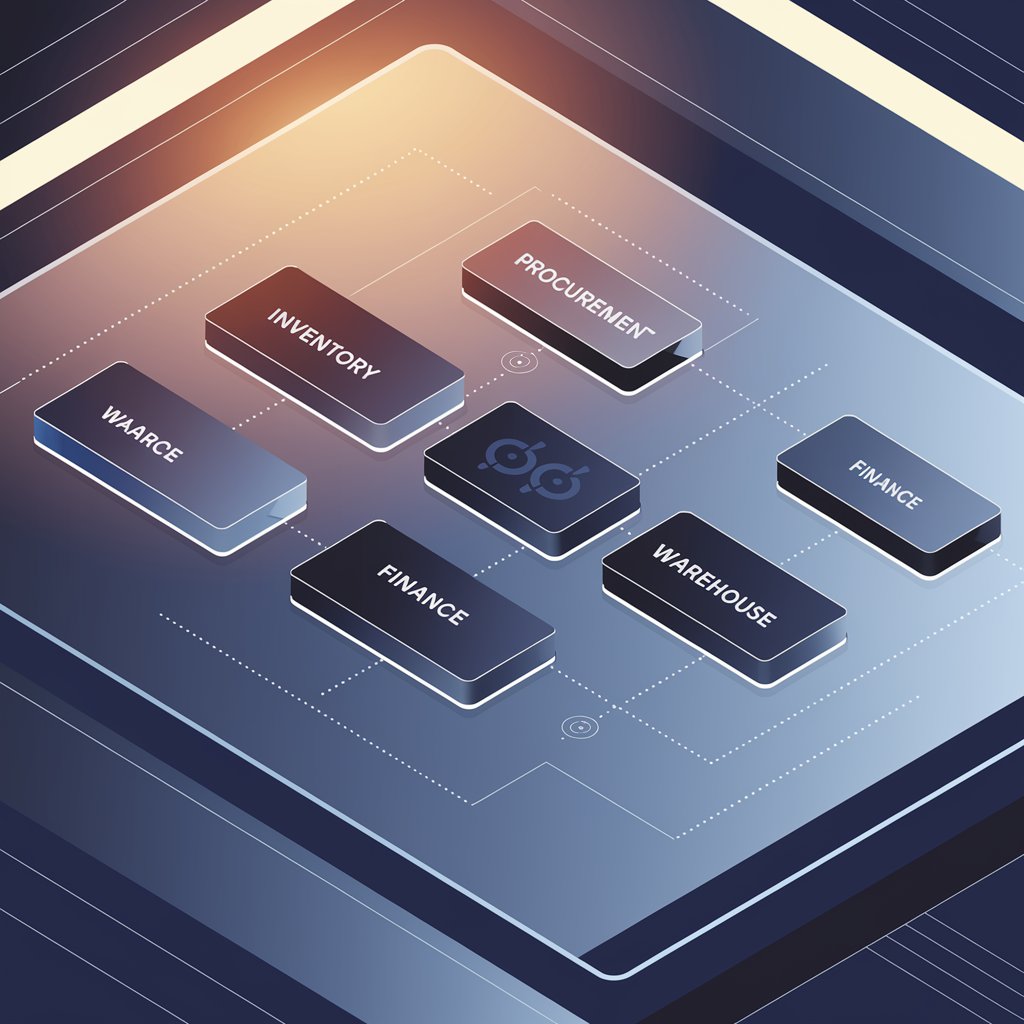Supply Chain Modules: The Building Blocks of Efficient Logistics
This guide breaks down the most essential SCM tools, their features, and how they’re transforming logistics from reactive to predictive.

🔍 What Are Supply Chain Modules?
Supply chain modules are specialized functional units within an SCM software suite or ERP system. Each module performs a dedicated task but can connect to others for a unified workflow.
Think of them as LEGO blocks for logistics. You only use what you need, and you can expand later.
🧱 Common Types of Supply Chain Modules
Module | Function |
📦 Inventory Management | Tracks stock levels, locations, reorder points |
🧾 Procurement & Sourcing | Manages purchase orders, vendor bids, and approvals |
🚚 Transportation Management (TMS) | Books loads, tracks carriers, optimizes routes |
📑 Order Management | Automates order processing, invoicing, fulfillment |
📊 Demand Planning | Forecasts future needs based on sales and supply trends |
🏷️ Warehouse Management (WMS) | Controls pick/pack/ship, slotting, labor allocation |
💰 Cost & Finance Module | Links logistics activity with accounting and KPIs |
You can activate just one, or deploy multiple modules in sync, depending on your size and goals.

🧠 Why Go Modular?
✅ Custom Fit – Deploy only the tools you need now
✅ Scalable – Add more modules as operations grow
✅ Integrated – Modules connect seamlessly inside one platform
✅ Cost-Efficient – Avoid paying for bloated, all-in-one systems
✅ Quick to Launch – Start with a single function and expand
Modular SCM is the smart way to digitalize without overcommitting.
🚀 Who Uses Supply Chain Modules?
- 🛳️ Freight forwarders using just a TMS and invoicing module
- 🏢 3PLs integrating WMS + Order + Carrier visibility
- 🏭 Manufacturers syncing production planning + procurement
- 🛒 E-commerce brands connecting inventory to fulfillment
- 🏬 Distributors combining warehouse + order management tools
Modular systems work for small startups or global chains alike.

🛠️ Examples of Modular Supply Chain Platforms
Platform | Modular Strengths |
Linbis | Freight + WMS + CRM + document automation |
SAP S/4HANA | Full ERP with interchangeable SCM modules |
Oracle SCM Cloud | Comprehensive suite with AI forecasting |
Zoho Inventory | Modular for SMBs needing order + stock tools |
Odoo | Open-source modules you can mix and match |
The key is flexibility—use what fits your workflow today.
📈 Key Benefits at a Glance
Benefit | Result |
🧩 Modular Approach | Deploy and pay for what you use |
🔗 Centralized Data | Modules sync under one source of truth |
⏱️ Faster Rollout | Go live in weeks, not months |
📊 Better Analytics | Real-time data from connected logistics areas |
💼 Smarter Decisions | Role-based dashboards and alerts |
With the right modules, your supply chain becomes a machine—agile, lean, and scalable.

🏁 Final Thoughts
Supply chain modules allow businesses to adapt their logistics tech stack with precision. Whether you’re managing freight, inventory, or orders, modular SCM tools offer clarity, efficiency, and control—without the burden of an all-in-one monolith.
📦 Ready to future-proof your logistics? Start with one module, and build the supply chain of tomorrow—today.
